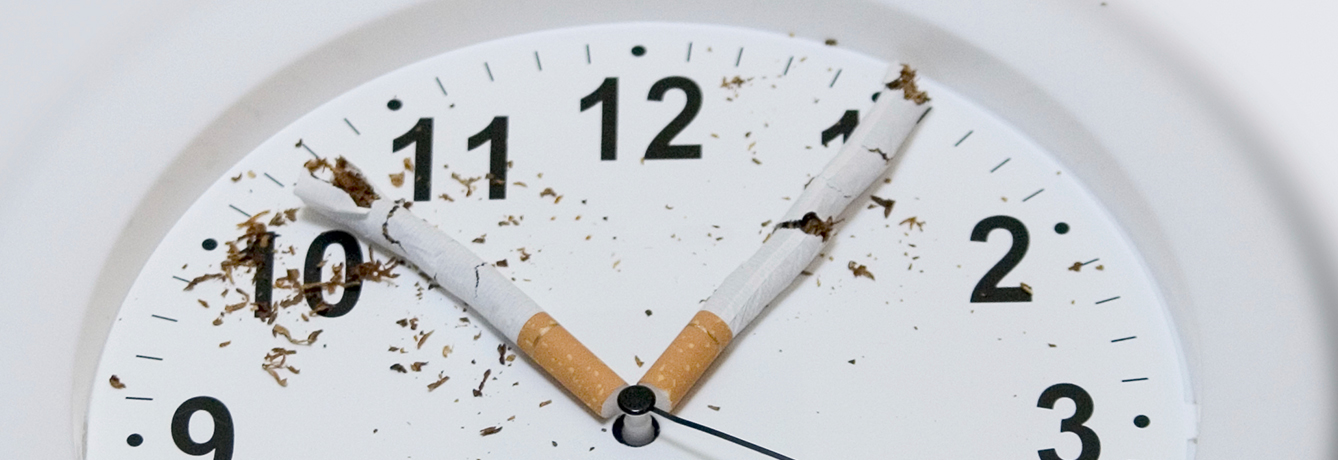For all those “occasional” smokers out there who think they can get away with sneaking a puff now and then — new research suggests damage to DNA begins mere minutes after inhalation of cigarette smoke. November’s Lung Cancer Awareness Month prompts us to recall that roughly 3,000 people globally die every day of lung cancer — and that 90% of those deaths are linked directly to cigarettes. Scientists have identified a class of toxins in tobacco — known as polycyclic aromatic hydrocarbons (PAHs) known to trigger genetic mutations leading to cancer. But so far, lack of research has clouded the process by which such damage occurs.
Surprising results recently published in Chemical Research in Toxicology show these changes occur much faster than previously thought. Scientists at the University of Minnesota tracking the fate of one PAH in the bloodstreams of 12 volunteer, long-term smokers found that the substance transformed into genetically hazardous substances within just 15 to 30 minutes of smoking — not years, as previously assumed. Study authors concluded: “The effect is so fast that it’s equivalent to injecting the substance directly into the bloodstream.”
In addition to lung cancer, cigarette smoking is linked to cardiovascular disease, osteoporosis, ulcers and cancers of the bladder, mouth, kidney, pancreas and stomach. The good news is that the sooner you quit, the better your chances of regaining those years you might have forfeited if you kept lighting up. Picking up fruit can help you put down cigarettes, while lowering your cancer risk.
Bonus: Bananas are loaded with vitamin B6, a key nutrient helping to support repair of DNA.
Published November 1, 2011



